What can weeds tell me about my garden soil?
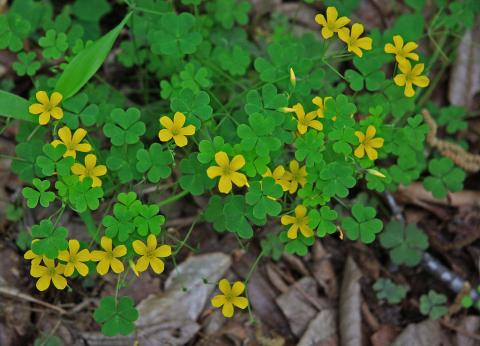
Like any other cultivated garden plant, weeds have preferred growing conditions, some of which are better for certain species than others. Although some weeds will grow across several different soil and light conditions, if you look at the overall species composition, you can gain a pretty good understanding of the growing environment in your lawn or garden. Knowing more about your soil will help you understand the amendments you need to add and will help you select which plants to grow. Naturally, a soil test is a more accurate gauge of what’s going on in the soil, but some weeds can be decent indicators of general growing conditions.
Wet Soil
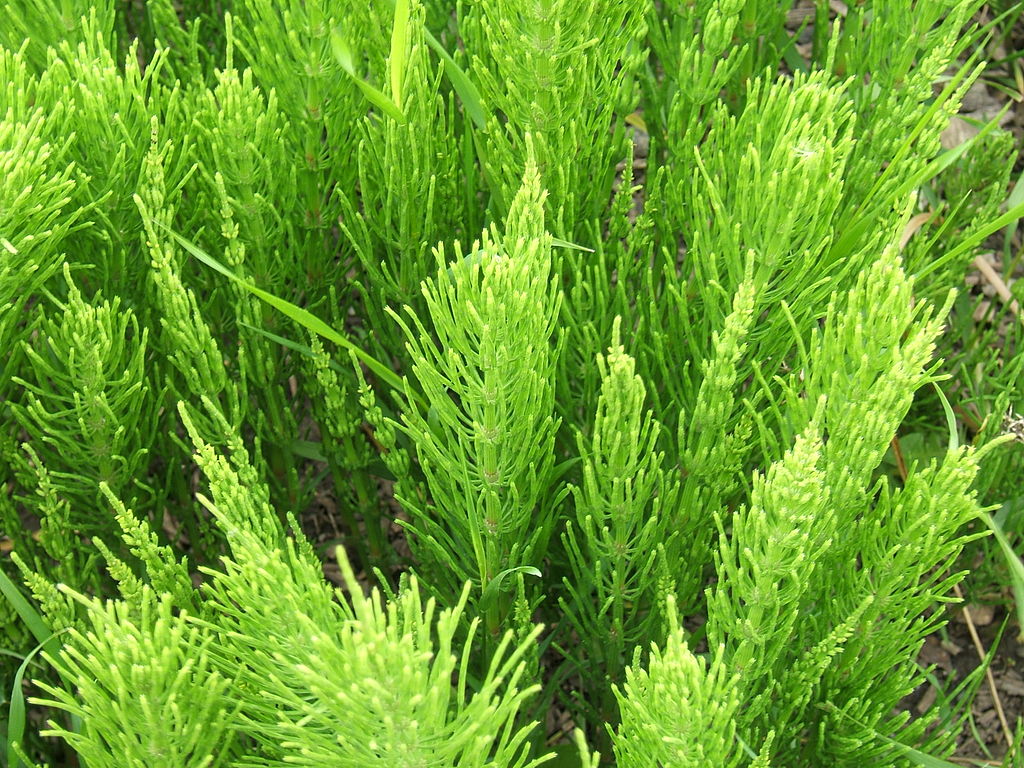
Consistently wet soils are perfect for jewelweed, dock, yellow nutsedge, horsetail, ground ivy, and speedwells. Seeing these species may indicate the need to improve drainage. Another option is to plant water-loving perennials such as iris, lobelia, turtlehead, or Joe-pye-weed.
Dry or Sandy Soil
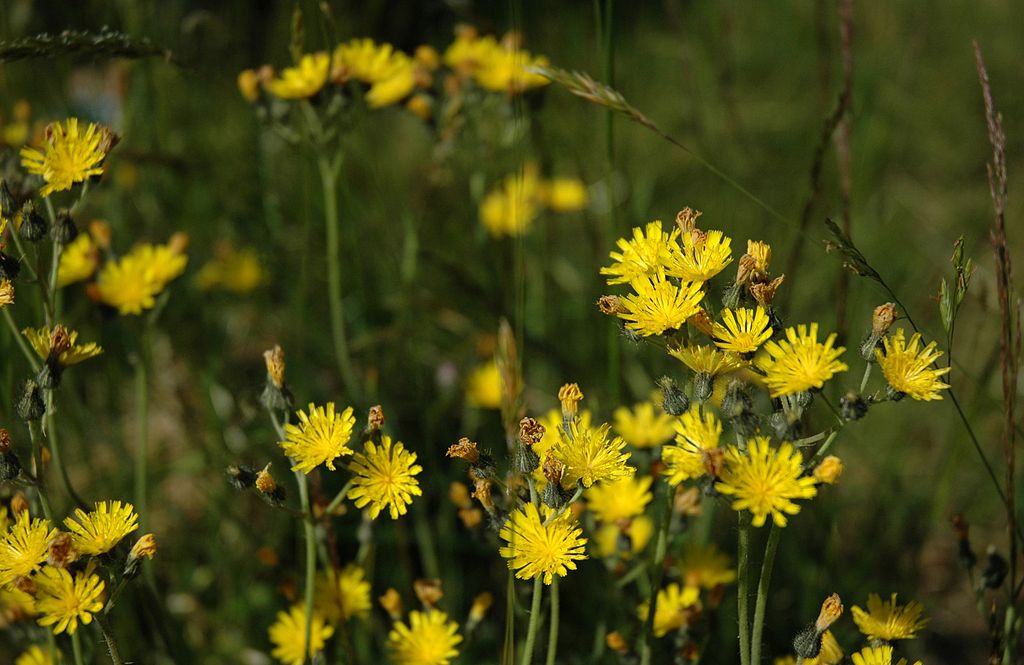
Expect to find purslane, prostrate spurge, hawkweed, carpetweed, yarrow, and sheep sorrel growing in dry, sandy soils. Add organic matter to the soil to improve its water holding capacity, or choose to grow plants that thrive in dry conditions such as butterflyweed, stonecrop, daylilies, or black-eyed susan.
Low Soil Fertility

Soils low in nitrogen or other essential nutrients often host shepherd’s purse, plantain, crabgrass, white clover, vetch, and sheep sorrel. Some perennials such as Coreopsis, Knautia and Scabiosa thrive in soil with limited fertility, but if you want to expand your planting pallet, you should test your soil.
High Soil Fertility
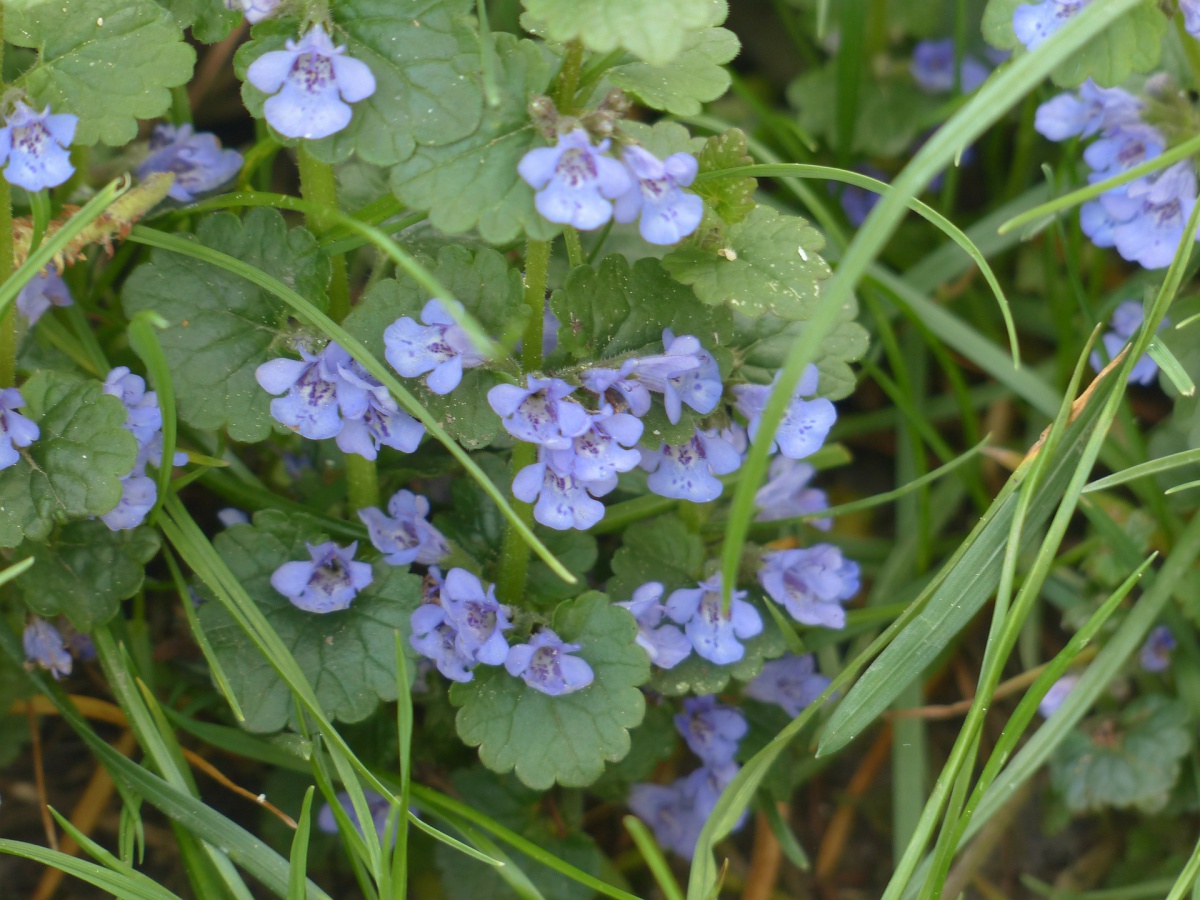
You’re likely to find henbit, yellow wood sorrel, ground ivy, and pigweed growing in very fertile garden soils that are high in organic matter. It’s possible there is no need to add additional compost or manure.
Acidic Soil
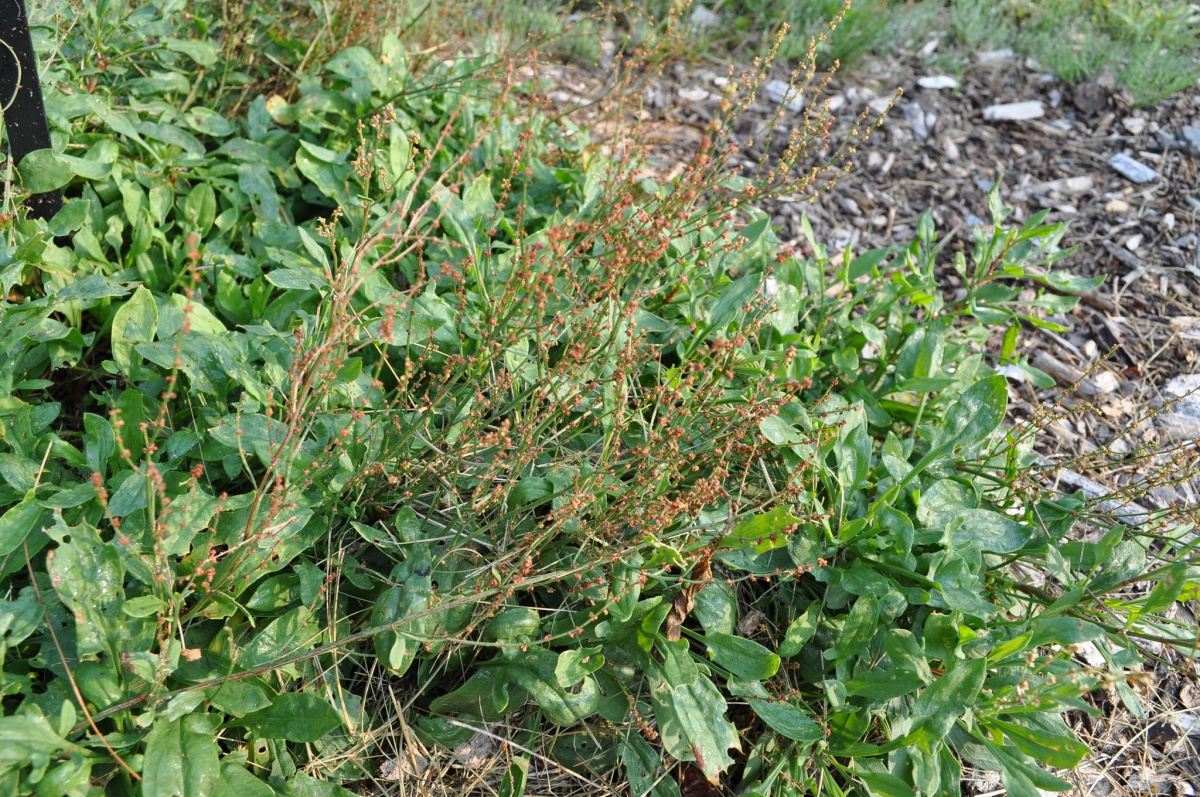
Acid soil conditions favor the growth of sheep sorrel, crabgrass, plantain, annual bluegrass, and prostrate knotweed. Test your soil before adding lime to reach to the optimum pH for the crop you’re growing.
Compacted Soil
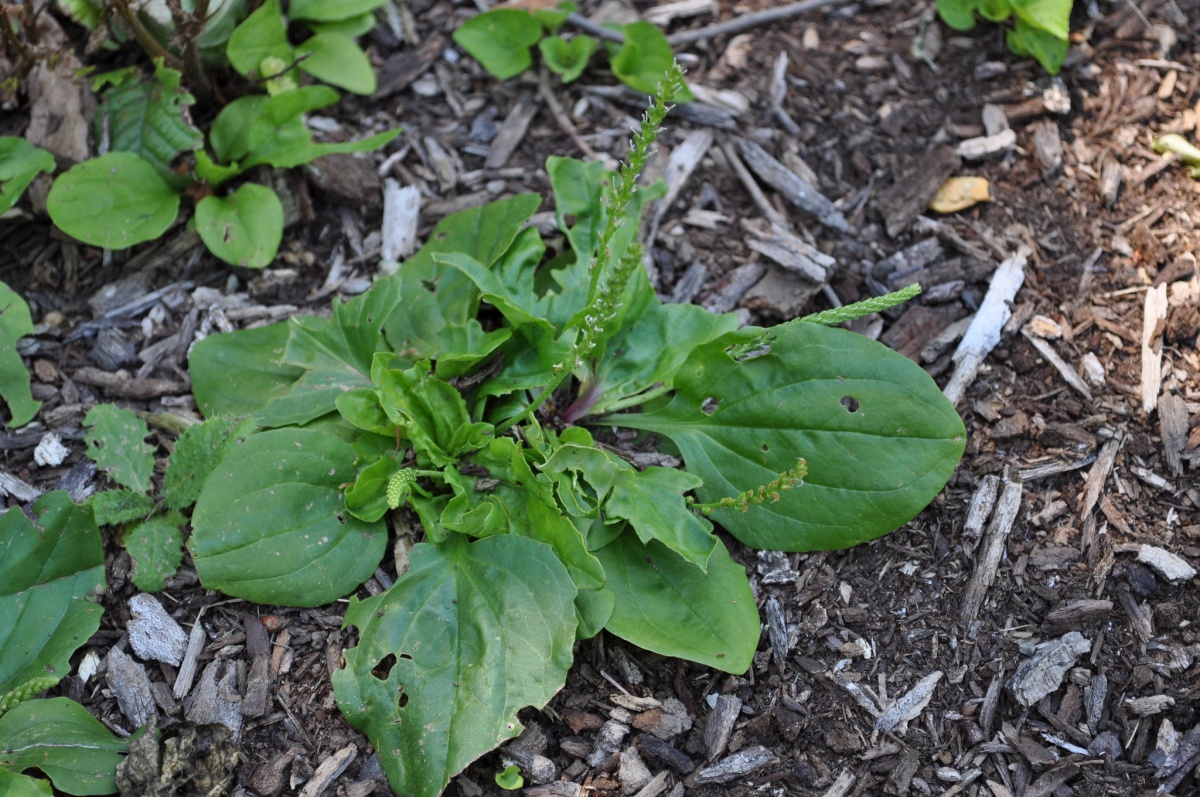
Soils that are compacted are difficult for many plants to grow in and give weeds such as broad-leaved plantain, chickweed, chicory, bindweed, annual bluegrass, and speedwell a competitive advantage. Core aerating lawns and planting cover crops/adding organic matter to garden soils can help alleviate compaction issues.
Before you start a new garden, put in a lawn, or even weed your existing beds, take a close look at the types of weeds growing in that area. Indicator species may help you decide what to plant or give you clues towards how your soil could be improved.
Got questions? The Ask UNH Extension Infoline offers practical help finding answers for your home, yard, and garden questions. Call toll free at 1-877-398-4769, Monday to Friday, 9 a.m. to 2 p.m., or e-mail us at answers@unh.edu.
Do you love learning about stuff like this?
SUBSCRIBE TO Granite State Gardening newsletter
Got questions? The UNH Extension Yard and Garden Infoline offers practical help finding answers for your yard and garden questions.
Call toll free at 1-877-398-4769, Monday to Friday, 9 a.m. to 2 p.m., or fill out webform.
